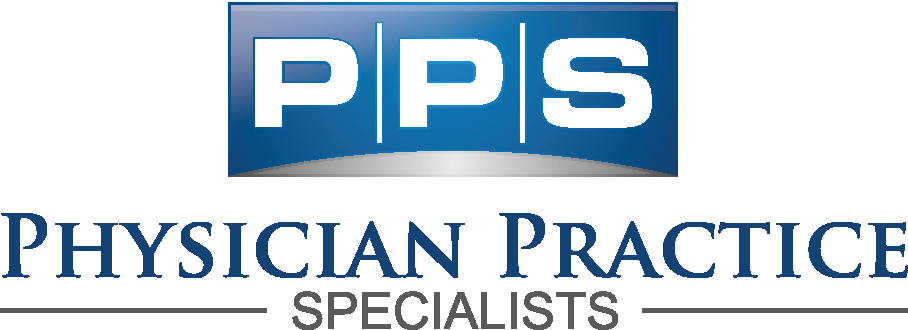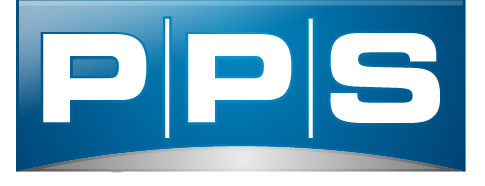Hospital credentialing is the most intensive credentialing process for medical providers, repeated more frequently than other credentialing standards and involving more organization contacts and supporting documents. The amount of staff time and the expense of researching every medical provider can be heavy, draining resources from other administrative functions, and requiring experienced staff and access to research resources. Yet hospitals have been slower than other medical organizations to outsource the credentialing process, despite potential benefits: faster turnaround time, cost-effectiveness, and savings in staff time and training.
Hospital credentialing covers the most detailed questions of any credentialing standard, from medical school through the providers complete career. The Joint Commission on Accreditation of Healthcare Organizations (JCAHO) creates manuals outlining the credentialing processes for all different medical providers within an institution. The proscribed areas have to be verified in ways that meet JCAHO standards. This entails direct contact with organizations associated with the provider, as well as receiving copies of all certificates and licenses. All of these areas must be verified:
- DEA certificates
- All state licenses and sanctions
- Malpractice insurance and claim history
- Training, internships, and residencies
- Board certifications
- Medical education
- All past and current hospital privileges
- Work history (verified through direct contact)
- Medicare sanctions or opt-outs
- Peer references
Both the contact results and supporting documentation are gathered to create a final profile report for the provider, which is given to the credentialing committee for review. Any warning signs or previous problems with the provider must specifically be brought to committee attention.
Most hospitals still do credentialing verification internally. If they have full access to information resources and available money and man-hours to dedicate staff, as well as having experienced personnel to do it, then in-house credentialing can be as fast and thorough as outsourcing it. Most hospitals do not have those resources or need to assign those resources elsewhere. Moreover, hospitals bear the liability of any mistakes or oversights made during the credentialing process, and those mistakes can affect the results of future audits, resulting in reprimands or penalties.
Credentialing verification organizations (CVO) allow hospitals to outsource the credentialing process for all medical providers, such as physicians, respiratory therapists, X-ray technicians, nurses, and mental health specialists. CVOs dedicate resources and training to credentialing, meaning personnel have experience, comply with appropriate standards, and have access to verification resources. Hospitals can better utilize their staff and finances, while lowering hospital liability for mistakes. Additionally, CVOs can offer support services in addition to credentialing which can make managing audits, renewing licenses, and other processes more efficient.
There are minimum services that CVOs should offer to hospitals:
- Compliance with JCAHO standards.
- Minimum number of contact attempts to and organization.
- Adapting processes to incorporate hospital requests and specialized information requirements.
- Completed profiles with no sections left unverified.
- Improved turnaround time, usually within 60 days.
- Quick committee notification for problematic files.
- Fast response to questions or problems.
- Web access to profile reports and verification documentation, as well as hard copies.
Quality CVOs offer other beneficial, resource-intensive services to hospitals:
- Surveillance between an initial credentialing process and the first recredentialing process for any disciplinary actions or sanctions.
- Routine notification for recredentialing and expirable deadlines.
- Assistance during internal or external audits.
- Training and consulting for in-house credentialing.
Using a CVO for medical provider credentialing saves hospitals time in staff hours, money and resources, and also offers support services, such as audit support and surveillance of providers for sanctions or problems even after completing credentialing, that a hospital may not be able to maintain internally. Hospital credentialing standards are the tightest and most detailed of medical provider credentialing standards. CVOs can remove the burden of meeting those standards for hospitals through dedicated resources, experience, and support services.
Author: Tammy White
Article Source: EzineArticles.com


